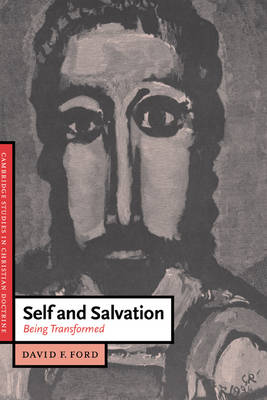Cambridge Studies in Christian Doctrine
2 total works
This eagerly awaited book by David F. Ford makes a unique and important contribution to the debate about the Christian doctrine of salvation. Using the pivotal image of the face, Professor Ford offers a constructive and contemporary account of the self being transformed. He engages with three modern thinkers (Levinas, Jüngel and Ricoeur) in order to rethink and reimagine the meaning of self. Developing the concept of a worshipping self, he explores the dimensions of salvation through the lenses of scripture, worship practices, the life, death and resurrection of Christ, and the lives of contemporary saints. He uses different genres and traditions to show how the self flourishes through engagement with God, other people, and the responsibilities and joys of ordinary living. The result is a habitable theology of salvation immersed in Christian faith, thought and practice while also being deeply involved with modern life in a pluralist world.
What is Christian wisdom for living in the twenty-first century? Where is it to be found? How can it be learnt? In the midst of diverse religions and worldviews and the demands and complexities of our world, David Ford explores a Christian way of uniting love of wisdom with wisdom in love. Core elements are the 'discernment of cries', the love of God for God's sake, interpretation of scripture, and the shaping of desire in faith. Case studies deal with inter-faith wisdom among Jews, Christians and Muslims, universities as centres of wisdom as well as knowledge and know-how and the challenge of learning disabilities. Throughout, there is an attempt to do justice to the premodern, modern and postmodern while grappling with scripture, tradition and the cries of the world today. Ford opens up the rich resources of Christianity in engaging with the issues and urgencies of contemporary life.

